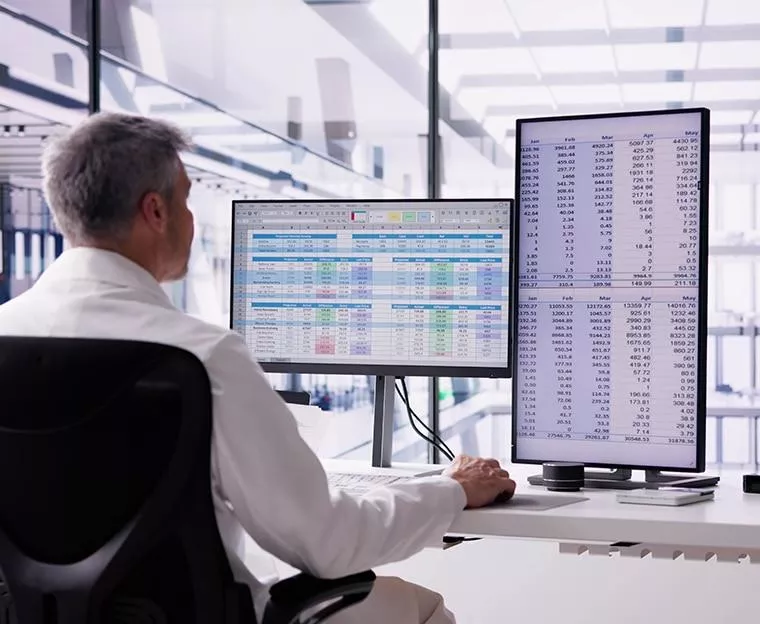
The necessity of literature monitoring and how it is performed
For the period between submission and granting a marketing authorization, literature searching should be conducted to identify published articles that provide information that could impact the risk-benefit assessment of the product under evaluation.
For approved products, regulation indicates that the MAH should monitor literature by searching the Global Medical Databases (PubMed, Embase, Medline, Excerpta Medica, and EBSCO) to seek out individual case study reports (ICSR) of adverse events and local literature in non-indexed journals.
For many clients, searching literature is tedious and more challenging if that information is published in languages they don’t know or understand. Our literature team can help in every aspect.

PLG’s literature watch support is based on three main activities:
Global literature
The global literature search is carried out in two databases—PubMed and/or Adis—for approximately 400 active pharmaceutical ingredients (APIs) weekly to identify all pharmacovigilance (PV) cases, special situations, and articles of interest as well as to analyze the identified abstracts according to good –pharmacovigilance practices (GVP) recommendations and clients’ expectations.
Read more about how we support your Litterature monitoring with Automation and AI.
Local literature
We currently have more than 140 subscriptions to medical journals not indexed in the databases, covering Africa, Belgium, and France. Through our local PV person and local safety officers, we also cover numerous EU countries (Germany, Spain, Portugal, Italy, Ireland, Romania, etc.). Our literature line of business coordinates the activity.
Verification of titles indexed in the databases is carried out annually. Depending on the therapeutic areas of a client’s portfolio, a selection of journals is proposed.
Ad hoc searches
PLG also offers targeted literature watch:
Literature searches are needed for signal detection, local safety reports specific to PBRER, and immunogenicity reports.

Choosing PLG as your literature monitoring partner provides a surprising number of advantages.
Quality controls are performed by experienced case specialists within the case management function to confirm that all adverse event/PV cases are identified, meet timelines, and adhere to current requirements and processes.
The team comprises information and documentation officers who have many years of experience, who have deep and wide-ranging expertise, and who undergo continual training in current vigilance requirements.
The literature team has the ability and experience to provide literature-monitoring services for clients with different APIs/brand names while adapting to changing client portfolios and ensuring high-quality service.
KEY FIGURES :
140
subscriptions to medical journals
400
APIs have been undertaken for Global Literature search
30+
countries where Local literature is performed
In pharmacovigilance, as in life, literature is the place to look.
With 11 years of experience in the field of pharmacovigilance literature, I lead a team of dedicated information and documentation officers. We perform global searches of international databases, local searches of nonindexed papers, and searches of safety reports and signal detection bibliographies—all of it in line with health regulations.
Sophie Lequin
Activity manager literature


